Read the word.
Teach the word.
Preach the word.
- 1 Timothy 4:13
|
“Blessed are those who hunger and thirst for righteousness,
For they shall be filled.” – Matthew 5:6 As we follow Jesus, our metric for making decisions changes. It changes from self-focused to selflessness. We no longer consider whether something benefits us personally or whether or not something advances our agenda, but rather simply whether or not it is the right thing to do. We hunger and thirst for this—whether or not a decision is right. We no longer take into account whether or not a decision personally benefits or harms us—because sometimes doing the right thing will cost us. Our whole metric for making decisions has radically changed! For a disciple of Jesus who continues to count the cost of discipleship, this isn’t a work of the human will. It is a work of the Holy Spirit. Only by the Spirit’s power can we have the attitudes Jesus defines in the Sermon on the Mount.
From the mountain, Jesus delivered a sermon to His disciples. He taught them what their attitudes must be like if they were to continue to be His disciples. He wanted to give them (and us) as much disclosure as possible to know what ministry would be like.
Through this sermon, Jesus desired to communicate the beautiful and worthy difficulty of bringing glory to God through the selfless service of others. However, the attitudes necessary for such a service cannot come from our strength. It is only a work of the Holy Spirit, and not of the human will. And this is true with the fourth beatitude, as the Holy Spirit draws those who continue to follow Jesus into an even deeper level of humility. Watch our study of Matthew 5:6 as we consider what it means to hunger and thirst for righteousness. What does it mean to be meek, and why is it important? First, meek does not mean weak. To be meek means to be gentle and patient, not given to anger or resentment—critical qualities to have in ministry.
Meekness is the God-given ability to patiently endure without being touchy or retaliatory, relying on God rather than ourselves against injustices. We are hard-wired in our flesh to be touchy and retaliatory. But when we look to Jesus, we never see Him take personal offense or become bitter with resentment. He was meek—gentle, patient, and secure. This attitude is necessary if we are to survive and thrive in ministry. Are you meek? It doesn’t come naturally—it is a work of the Holy Spirit, not of the human will. You can ask the Lord for meekness—He wants to give good things to those who ask Him. Come to Him regularly and ask Him to change and transform you by the Holy Spirit.
As we continue our way through the Sermon on the Mount, we read of the qualities God is forming in His disciples. We must see our spiritual poverty to survive and thrive in ministry. We must recognize the depth and depravity of our sin to realize it’s only by God’s mercy that we have an opportunity to minister.
We will not survive long if we think we are capable of what God has called us to because of our resume or spiritual skill set. It is only by His mercy that any of us are in ministry. This is especially important to be aware of as we consider the third beatitude—“Blessed are the meek, for they shall inherit the earth.” (Matthew 5:5). What does it mean to be meek and why is this an attitude important to have if we are to survive and thrive in ministry? Watch our study of Matthew 5:5 as we consider this important, but often misunderstood quality of a disciple of Jesus. We cannot enter into ministry pridefully as if anything on our earthy resume would qualify us for serving. Not only are we unqualified for such a task, we quickly realize that we are disqualified because of our sin. If our hearts are humble about this, we mourn.
This mourning forces us to realize that it is only because of God’s great mercy that we have any ministry at all. The Apostle Paul wrote about this in 2 Corinthians 4:1, “Therefore, since we have this ministry, as we have received mercy, we do not lose heart.” Yes, we are unqualified. We might even be the worst—the chief of sinners. And yet somehow, only in God’s mercy, He has called us to serve—so we do not lose heart. We can mourn over our sin while we receive comfort from the Lord. This is where true worship begins—at the intersection of the awareness of our own sin and God’s great grace, which is greater than our sin! Guilty, helpless, lost were we; blameless Lamb of God was he, sacrificed to set us free: Hallelujah, what a Savior!
Jesus didn’t make ministry sound attractive, appealing, or even remotely easy. Because ministry is none of those things. In the Sermon on the Mount, Jesus endeavored to give His disciples full disclosure of what would be necessary if they continued to follow Him in ministry.
As we recognize our own spiritual poverty (Matthew 5:3), we become increasingly aware of our own sin—and mourn over it as we realize just how unworthy we really are. And once we recognize that, we see that it is only by His mercy that we have any ministry at all. This past Sunday, we worked through one more verse in Matthew: “Blessed are those who mourn, for they shall be comforted.” (Matthew 5:4). Watch our study from Sunday as we consider the comfort that only God can provide as we mourn over our own sin. Blessed are those who recognize their spiritual poverty and let their misery help them to recognize their need for more.
However, how often do we arrogantly and ignorantly say, "Oh, how hard can ministry be?" So we plunge forward with our own meager and insufficient spiritual resources, refusing to recognize our spiritual poverty. Sure, we can still do ministry, but we will be miserable instead of blessed. To be blessed in the inherent difficulty of ministry, we need God's spiritual resources. When you recognize your spiritual poverty, don't just plow ahead in misery. Cry out to Jesus for the riches of His resources. He has promised to give us the Holy Spirit. "If anyone thirsts," Jesus said in John 7:37, "let him come to Me and drink. He who believes in Me, as the Scripture has said, out of his heart will flow rivers of living water." He said this concerning the Spirit, whom those believing in Him would receive. Let the misery in ministry help you realize that you are simply thirsty for living water—the unlimited resources of His Holy Spirit, who can empower us to be blessed even while enduring the beautiful difficulty of ministry.
In Matthew 5, we read the message Jesus spoke to His disciples on a mountain in Galilee. This sermon begins with the beatitudes—the attitudes of the citizens of His kingdom. Jesus is not just another earthly ruler. He is the king of the kingdom of heaven. And so, these attitudes run counter to the culture and kingdoms of men. Like the first beatitude—recognizing your spiritual poverty. What does this look like in the life of a disciple of Jesus? We considered being poor in spirit in our time together on Sunday as we worked our way through just one verse—Matthew 5:3.
In Matthew 5, Jesus explains to His disciples what it looks like to follow Him as the King of the kingdom He has been talking about. He tells them what it will be like ministering with Him and ministering for Him in this kingdom. He clarifies what they might expect because His kingdom is unlike other kingdoms.
What is valued & rewarded in earthly kingdoms is not valued & rewarded in the kingdom of heaven. Being a disciple of Jesus will require some attitude adjustments as He draws His followers into deeper levels of discipleship. There are costs to being a part of this kingdom. Do you want to follow Him? Do you desire to get away with Jesus—to leave the multitudes and find a solitary place to spend with Him and learn from Him? Jesus wants to draw you into deeper levels of discipleship. He wants to release you from the way this world works and reveal His heart and the way His kingdom works.
In the Gospels, we read of all sorts of reasons people would follow Jesus. But one interesting aspect of the life & ministry of Jesus was that He often avoided large gatherings. He seemed to have no interest in attracting a large following just for the sake of having a large following.
Jesus was more concerned with making disciples. He was focused on individuals who would desire to learn from Him and choose to follow Him for the right reasons. Jesus often retreated from the multitudes when He could, and to those who would seek Him out, He would teach and instruct. To these individuals, He was constantly teaching about how His kingdom would look like and what it would mean to serve alongside Him. In these moments, He would draw His disciples in, explaining the cost of true discipleship. As is the case in Matthew 5, the beginning of what is commonly referred to as the Sermon on the Mount. |
From Pastor Dom...When I first gave my life to Jesus, there were friends in my life who helped me to grow in my understanding of God, through His word, and for those friends Archives
July 2024
Categories
All
|
Strengthened by grace is the Bible Teaching ministry of Pastor Dominic Dinger.©2022 - All rights reserved.
|
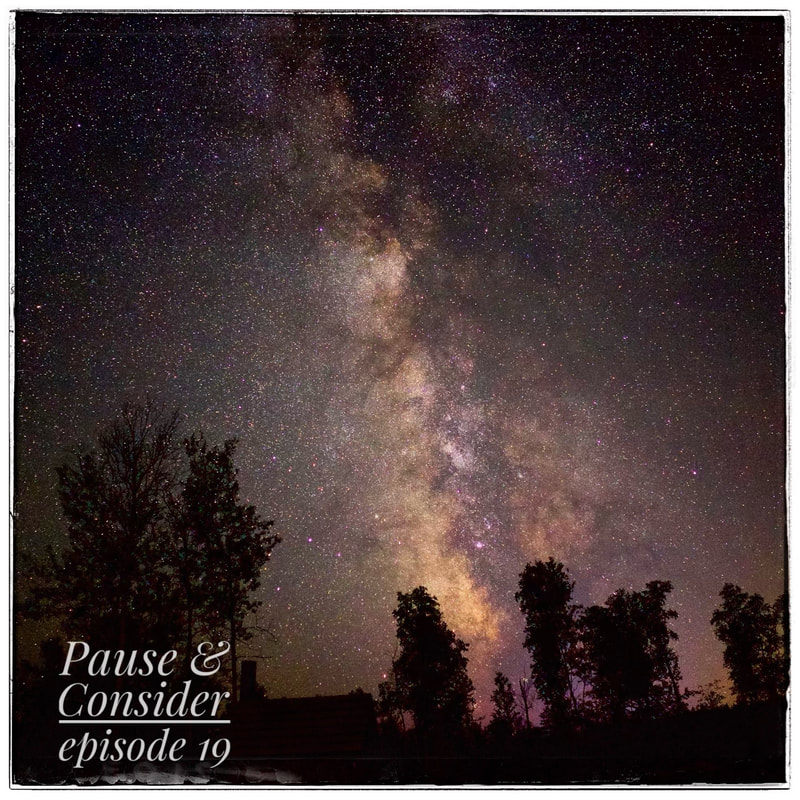

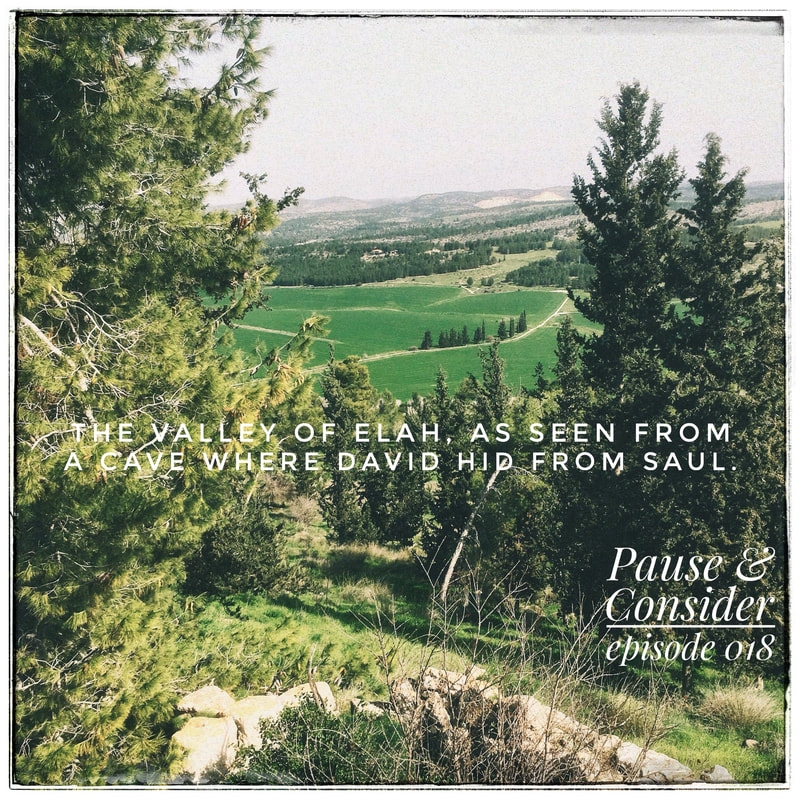
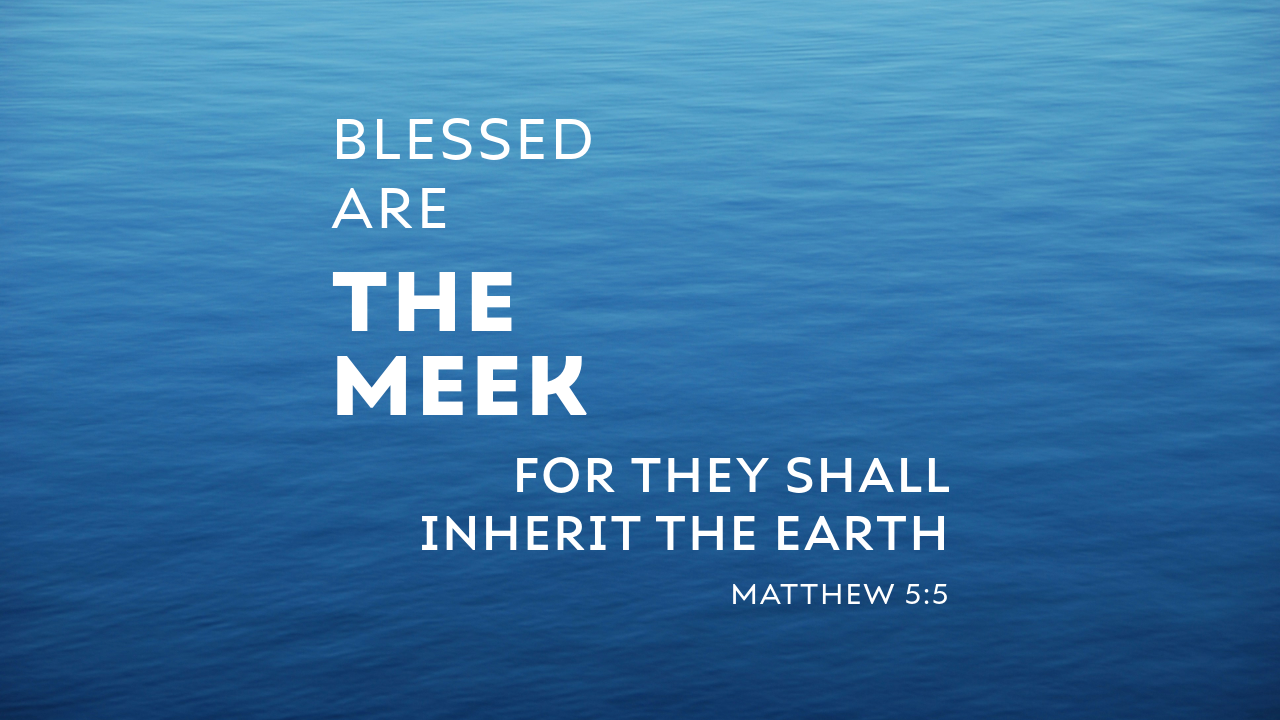

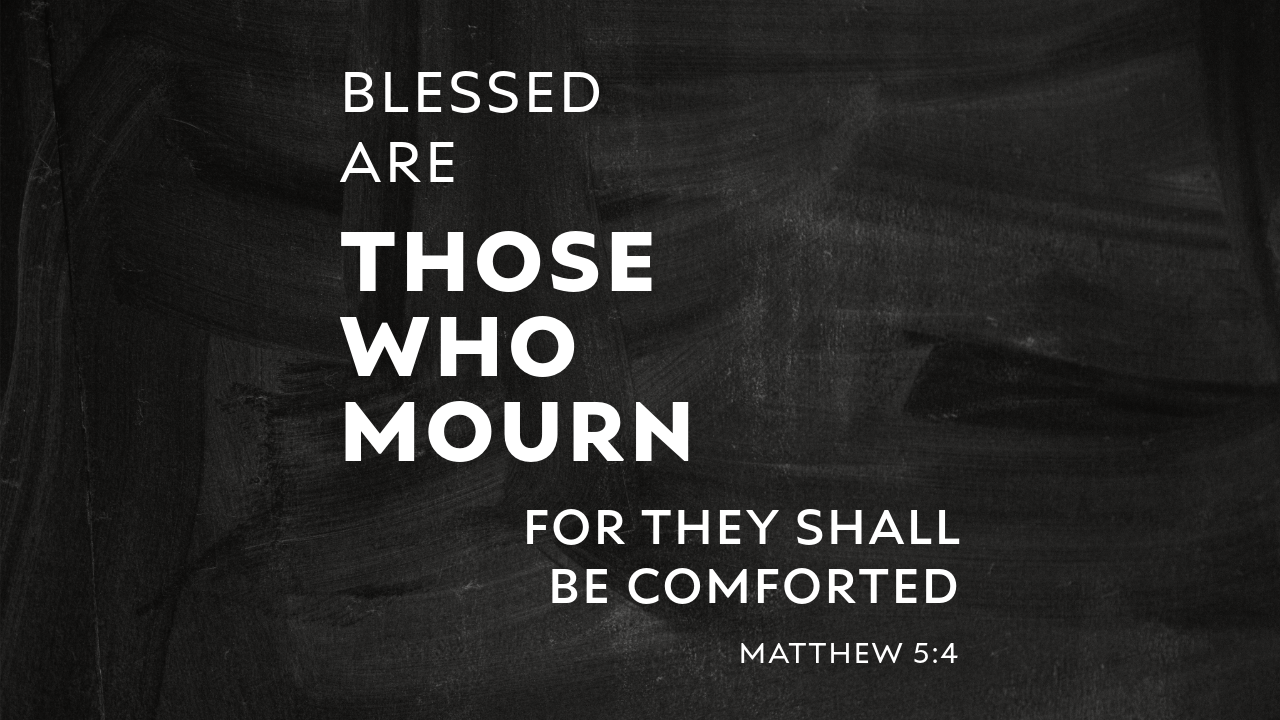

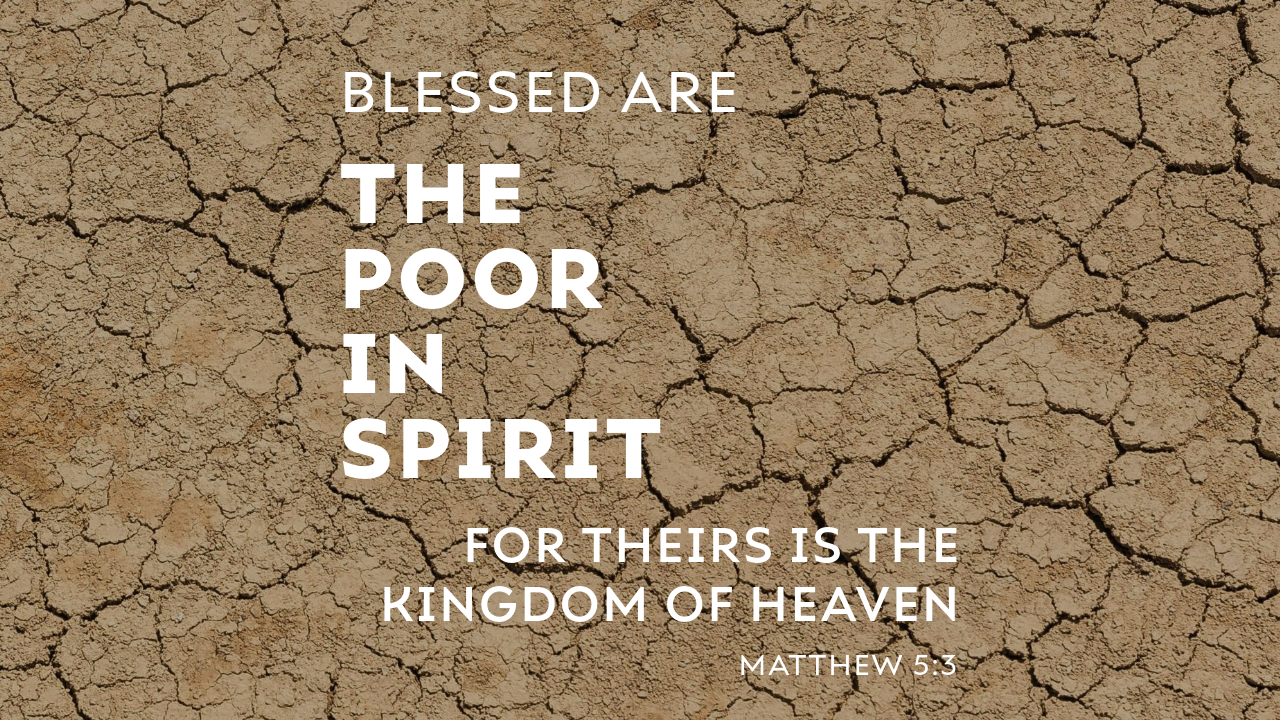




 RSS Feed
RSS Feed